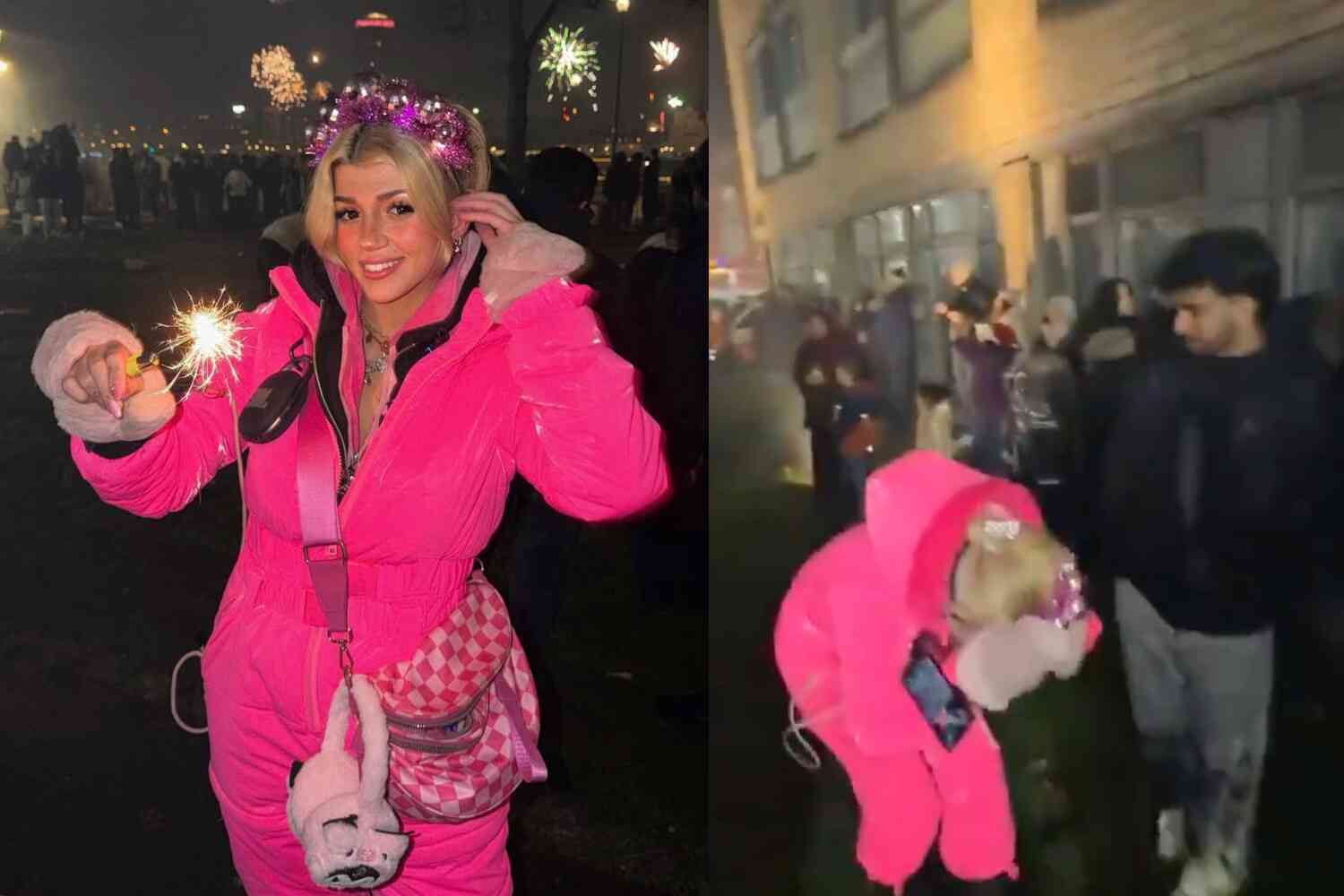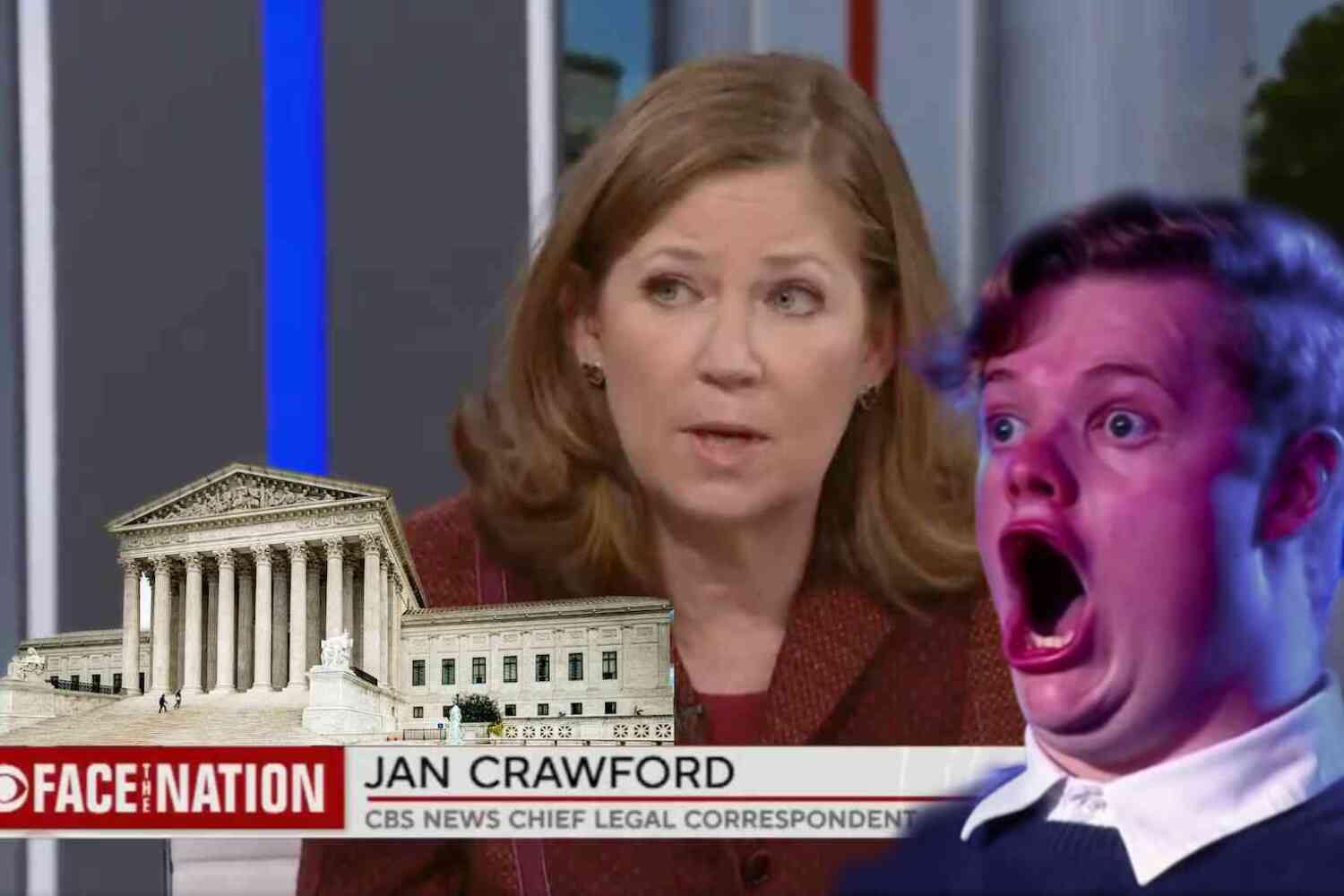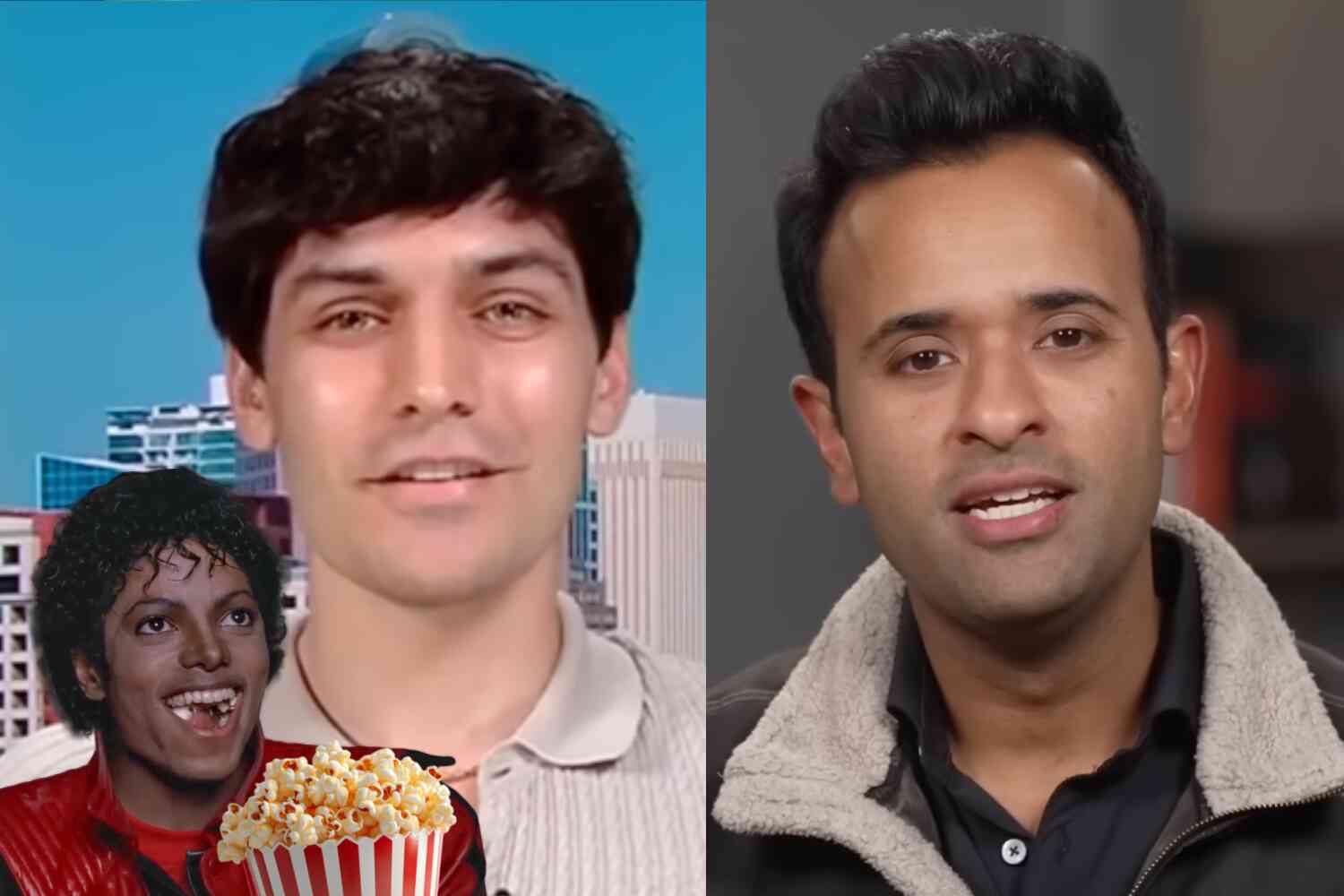Like riding the bus but hate paying for it?
Don't pay!
When puzzling over how to address the fact that 70% of your customers are not paying for a service, you might think, "Hey, I've got an idea! How about we make the 70% who aren't paying, you know, pay?"

It's okay, you're not a public-transit executive, and so have neither the sophistication nor the acumen to properly assess the situation. There is a much simpler solution:
Make the people who aren't riding the bus pay instead!

The transit agency is proposing a new funding model where jurisdictions will get credit for paid ridership, while subsidizing unpaid riders.
Let's break down a couple of terms here.
"Subsidizing" is another way of saying you are going to pay for a service you don't use.
"Unpaid riders" is another way of saying "thieves."
Put those two together, you are paying for thieves.
Before we go any further, it might be helpful to understand that the organization we're dealing with, the Washington Metropolitan Area Transit Authority, or "WMATA," is a regional transportation system that encompasses various jurisdictions including D.C., northern Virginia, nearby Maryland counties, and all the municipalities therein.
While each incorporates additional transit options (my county of Arlington, Virginia, runs its own purely local buses in addition to WMATA), WMATA provides the bulk of service in and around the region including "Metrorail" (the subway system) and "Metrobus." Hence, there are formulas for sharing revenue and costs among the jurisdictions given you have all manner of cross-border travel going on throughout the area.
Of course, it's always been subsidized to one extent or another, but this is different, this is more than "subsidizing," for "the public benefit," this is removing the sense of any personal obligation to have some skin in the game and normalizing theft of services. It's okay because... equity or whatever. It's the logic that people extend to shoplifting and other property crimes.

The current formula WMATA uses was ridiculously complex (as was the one before that) and the new one is designed to be slightly less ridiculously complex. The bottom line is, the proposal essentially gives up on worrying too much about people skipping out on bus fares while providing a slight incentive for the separate jurisdictions to enforce fare collection if they feel like it.

Under the new plan, expected to be introduced at a Metro board meeting Thursday, contributions from each jurisdiction will be reduced based on the amount that paying riders contribute.
Essentially, the jurisdiction gets credit for those who pay and otherwise eats the costs for those who don't, or the taxpayers eat the cost, to be more clear.
As it turns out, people get all grumpy when you suddenly try to make them pay for a service they are using.
'Bus operators have really mixed feelings,' said Jacob Wasserman, who leads research at the UCLA Institute of Transportation Studies. 'Some don't like fares because it often escalates into confrontations.'
Also, social justice. This all ties in to their ultimate goal, making buses "free," by which I mean, "you pay." (Or, at least I pay given I live here.) There is broad sentiment for this among mass transit proponents.
Across the country, transit systems are debating whether to impose measures to reduce nonpayment — or stop collecting fares altogether and instead rely mainly on tax dollars. Advocates for eliminating fares argue that buses, in particular, bring in so little revenue and cater to such a low-income population that charging for them is a wasted effort. Making them free helps the neediest residents get around and helps avoid potentially violent confrontations with police and inequitable enforcement.
We don't want to enforce the laws for fear that the laws might not be enforced in lockstep perfection with racial demographics.

A local DC elected official, Charles Allen "recognizes the reality" that we have normalized not paying, even a little bit, for the services they use.
Allen said going fare free 'recognizes the reality' of bus use.
'I'm probably one of the few elected officials who ride the bus frequently,' he said. 'I get fussed at when I try to pay my fare; the drivers usually feel like I'm slowing things down.'
Have you noticed taxi cab drivers don't "get fussed" when you try to pay them? There's a reason for that.
If you don't pay, they don't get paid.
Ever try not paying a tradesman who's done work for you? I wouldn't recommend it.

Of course, when you no longer require people to pay for the services they are using, they use more of those services. That's considered a win, of course, and even better, the right kind of people are benefiting the most.
Alexandria's experience shows both the benefits and drawbacks. Two-and-a-half years after making local buses free, the city reported that ridership has gone up dramatically, and that most people benefiting from the free service are low-income people of color.
They don't even pretend to understand how condescending that is, never mind inherently racialized. Of course, they consider that last part evidence of their inherent virtue.
Would you believe there are still downsides when you make something "free"?
But there has been a cost for both bus riders and drivers. 'Incidents involving unruly, intoxicated, or disruptive passengers went up, and bus operators report feeling less safe and less positive about their interactions with riders than they did before,' according to a city report. Other cities that have gone fare free have experienced similar problems... fares are one of the few levers they have to control who is on their bus.
In marked contrast to the Metrobus approach to fare evasion, the Metrorail system put up barriers and instituted other measures to dramatically reduce fare beating.
On the rail side, Metro successfully curbed fare evasion after installing gates that are harder to climb over. They are now in every station, and all but about 3 percent of train riders are paying.
I ride Metrorail frequently, and I've seen this with my own eyes.
Oh, you'll get your lumbering parkour wannabe from time to time.
But between the barriers and the elevated presence of police, it's nothing like it was a couple years ago.
Why are they so diligent about collecting fares on the rail system?

In the last fiscal year, Metro's buses brought in $50 million while rail brought in $301 million, even though there were 5 million more people on buses than on trains.
The local news station reported WMATA's new approach thusly:
This is not a crackdown. It's a punt. WMATA operated in an organized fashion addressing fare evasion on Metrorail through a disciplined multi-pronged approach uniformly applied throughout the entire system.
As I mentioned, I take Metrorail frequently. It is subsidized by people who don't take Metrorail. If it were up to me, the whole system, from taxes on up would be different, but the vast majority of people around me feel otherwise.

Still, removing any obligation to pay for services you use has bad consequences, always. It distorts feedback mechanisms and misallocates resources. It creates a sense of dependency, robbing people of agency and personal responsibility. It turns citizens into subjects.
Of course, that's not a bug, that's a feature.
But hey, it's only a bus fare.

P.S. Now check out our latest video 👇









